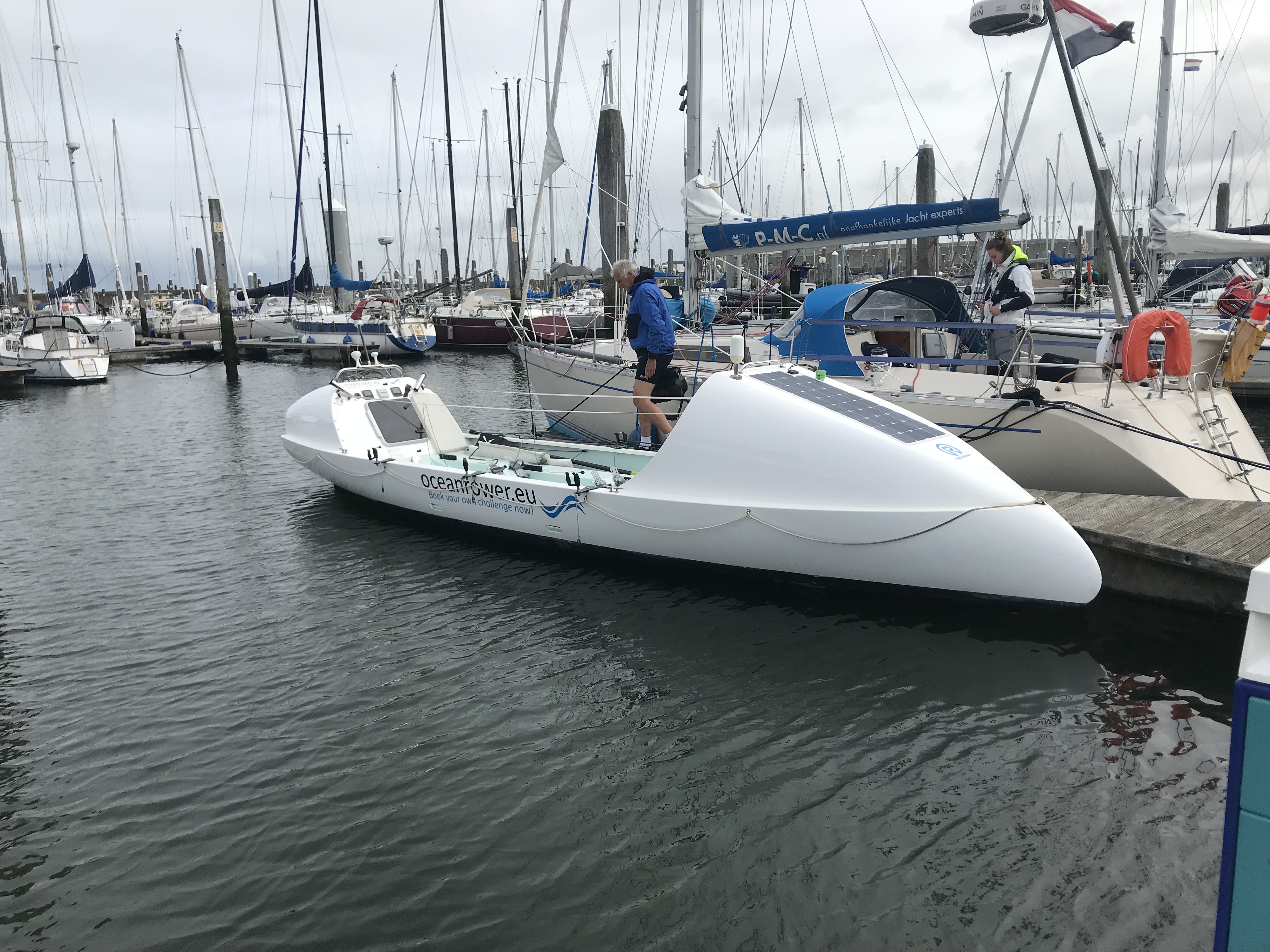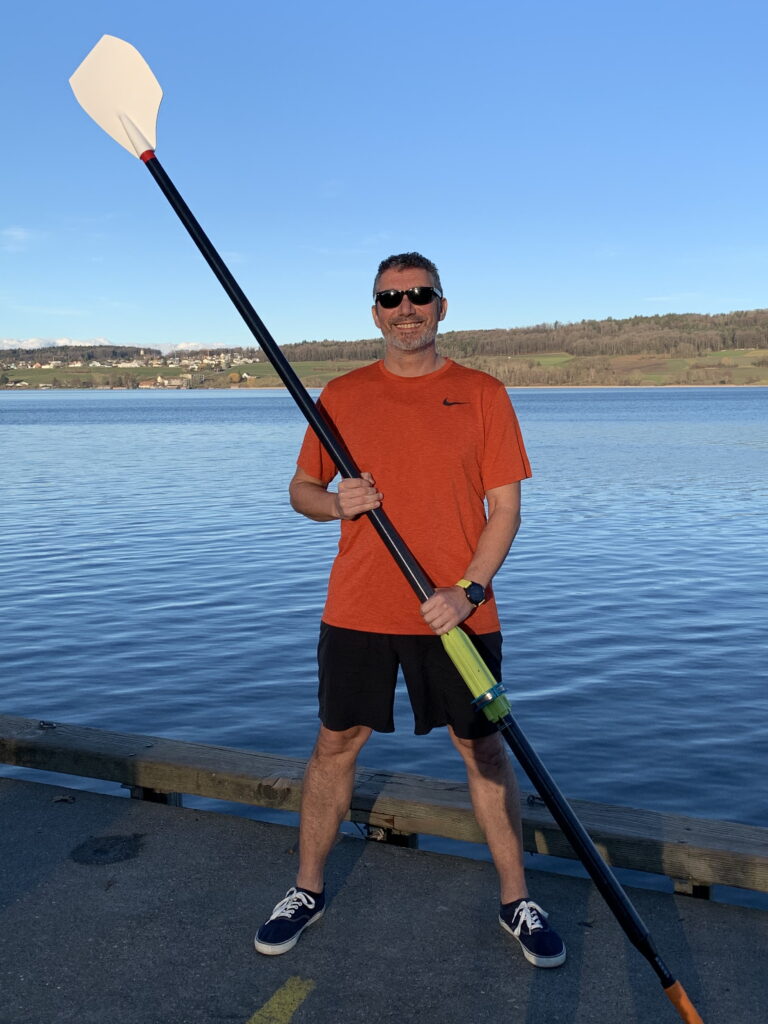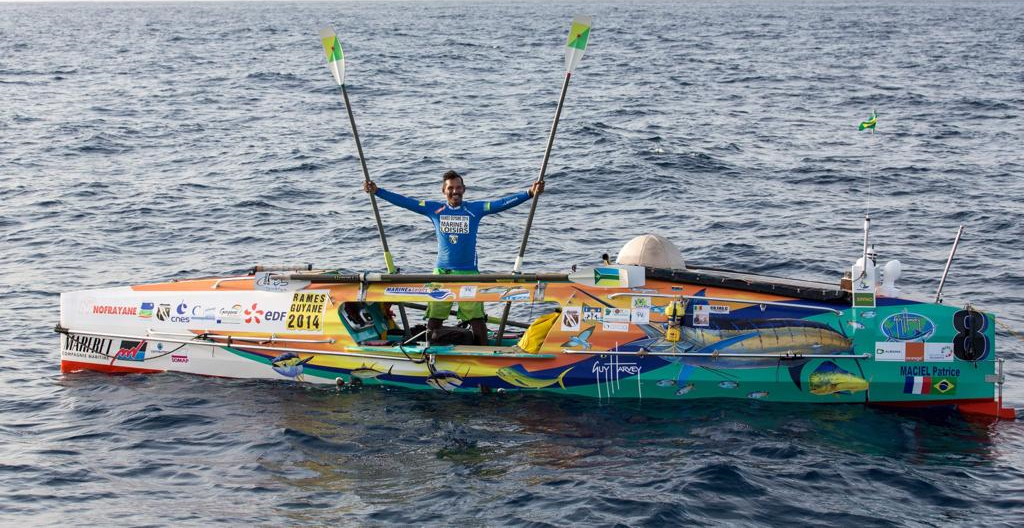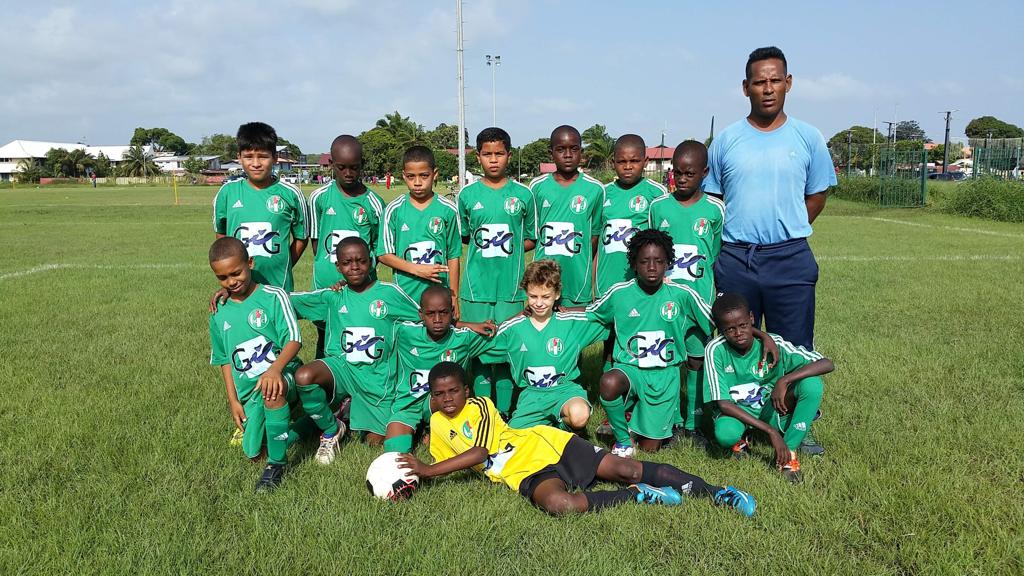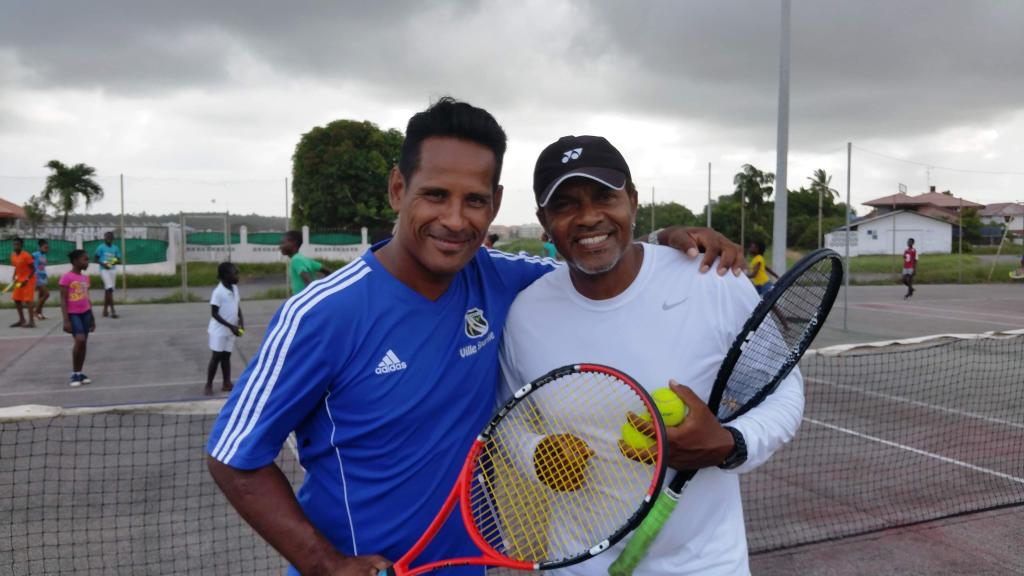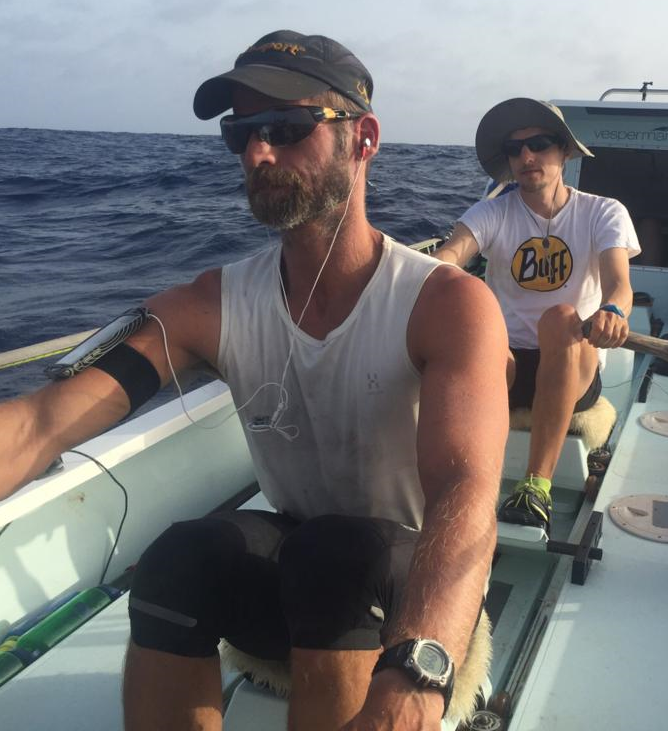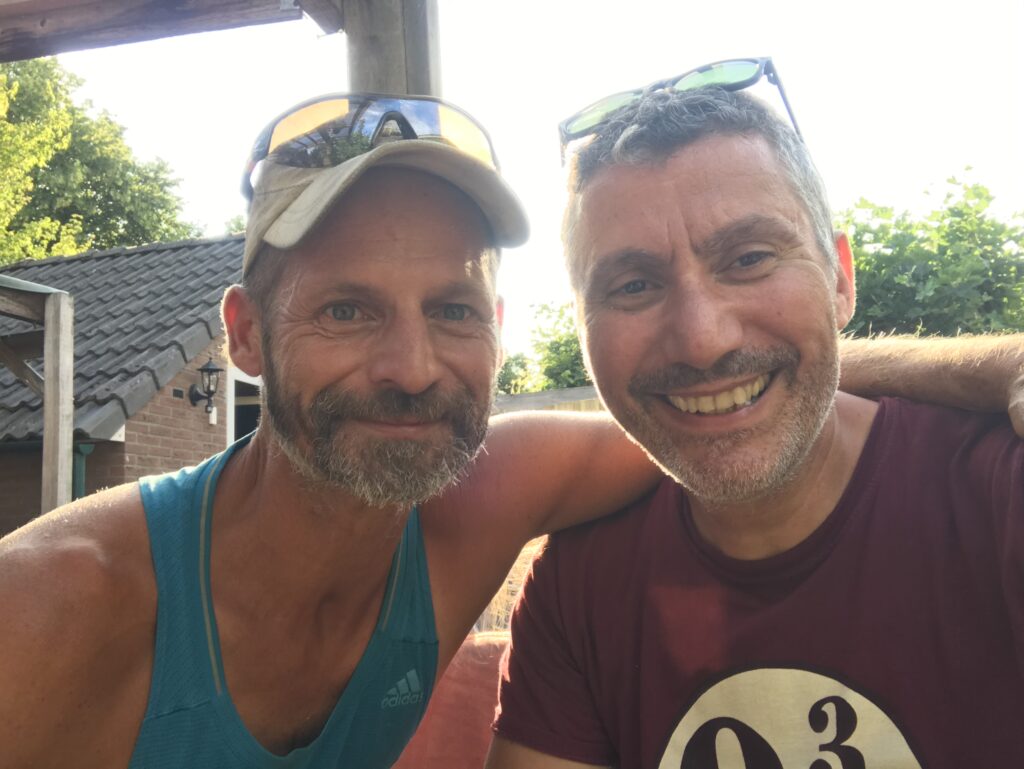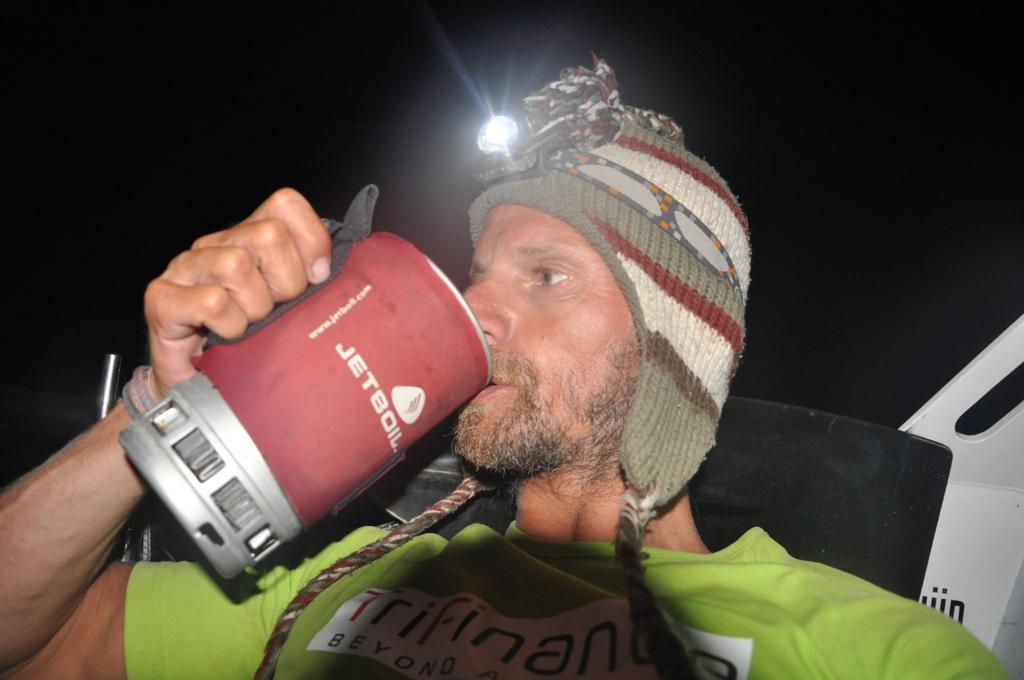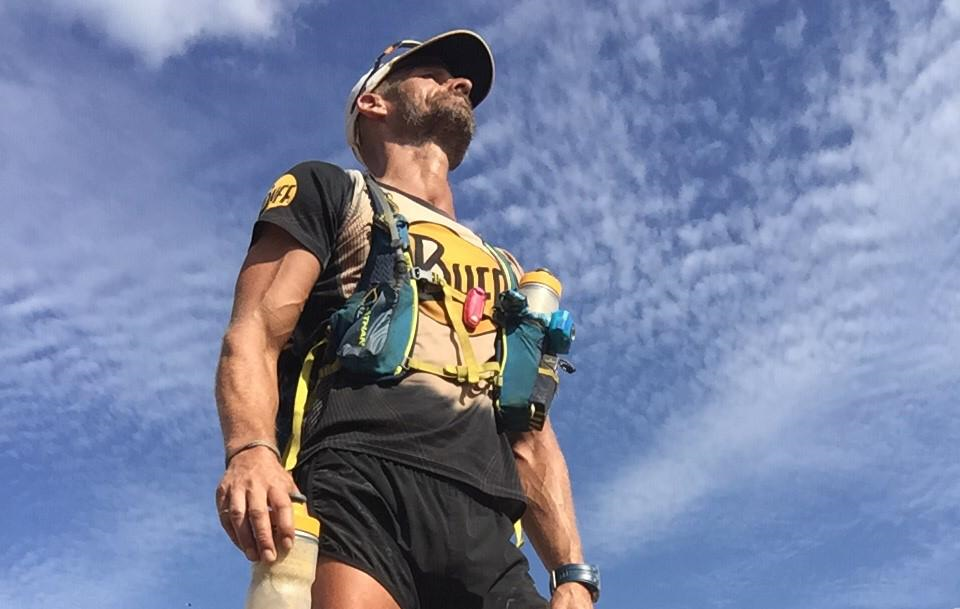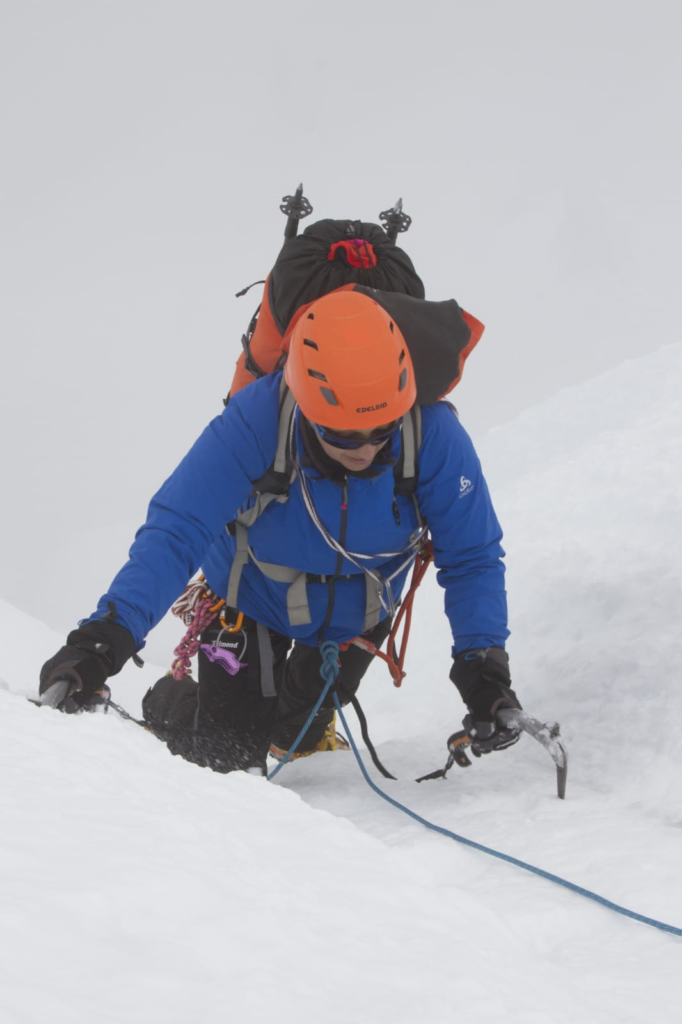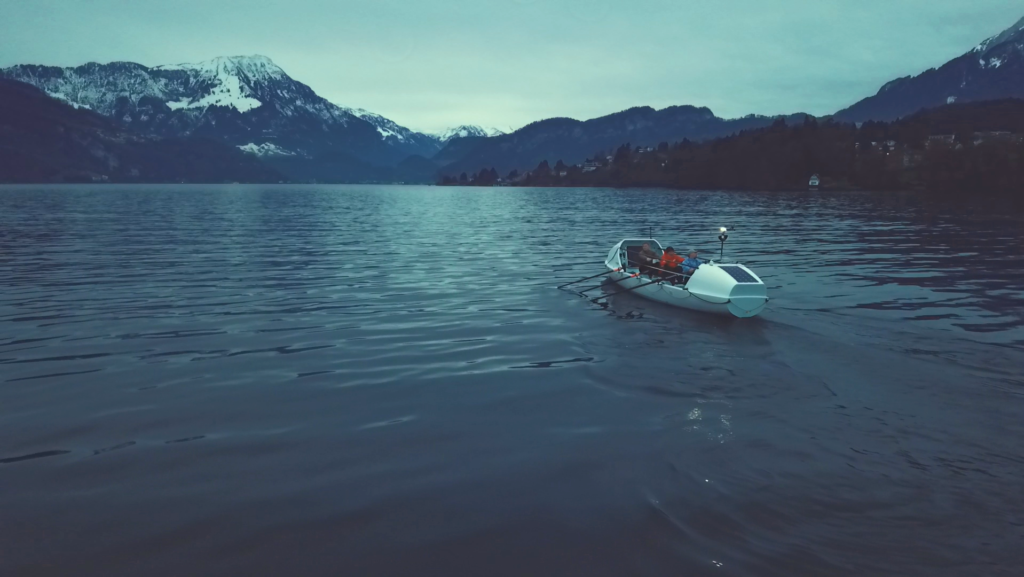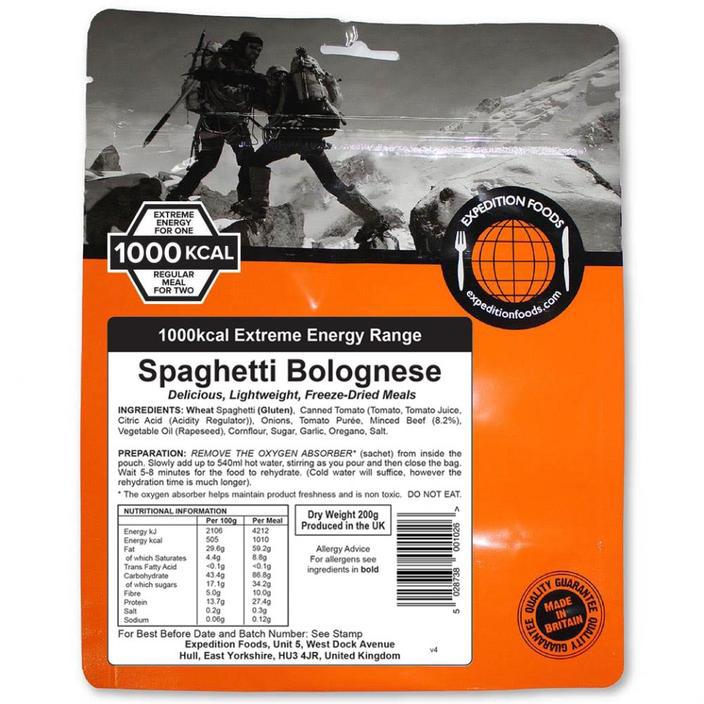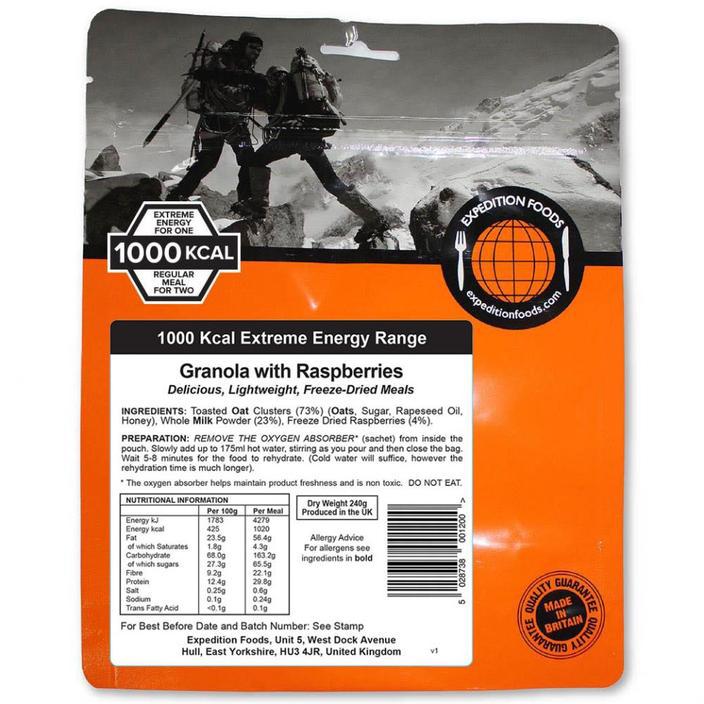I really can’t believe it, but there’s just one week to go before I leave home for my Atlantic row.
Two and a half years ago, I started this journey with a mixture of curiosity and determination. Nothing has changed. Well, nearly nothing.
I’ve trained hard, very hard, completing eight million metres on my indoor rower, around 400km of on-water rowing, hundreds of kilometres of running, countless HIIT exercises, and a few more kilometres of cycling. And weight training – my favourite (sic).
Now, I’m in the taper phase, so I’m not doing more than an hour a day, maybe two. It’s a lot, but far less than the average of three hours I was doing every day, six days a week throughout 2020.
My body now needs a small break so I can get on our boat Rose fully fit and ready to go.
Covid has keep me very busy over the past weeks.
First, I had to cancel plans to fly to Malta as I would have had to quarantine for 10 days on my return to Switzerland.
Plans to fly to Portugal were also changed because of pandemic restrictions. We looked for options all round – Seville, Barcelona, Madrid, Porto – but none offered the certainty of getting there on time.
Now, the team will meet up in the Netherlands on Friday 19 February (four out of five of us, the other is sailing in to Portimao – how cool is that!). We will then leave on Saturday evening on a 2,500km road trip through five countries to Portugal.
That’s a lot to do before a 6,000km row, but it’s also fun and a great opportunity to get to know the others.
Our week-long prep week in Portugal will also be impossible to complete because of the restrictions. This means that after prepping the boat, we’ll probably leave immediately, weather permitting.
This means that we can leave as early as Wednesday 24 February. It also depends on the weather.
Probably the worst impact of Covid is that family can’t come down to see us off, and probably neither to welcome us on the other side. It’s unfortunate, but we’ll manage anyway.
Organizing and preparing for a row across the Atlantic is complicated in
itself – doing it in the middle of a pandemic is something else.
Ever little bit helps
So far, we’ve managed to collect just under €3,000 for my Swiss charities (Swiss Cancer League and Terre des hommes), and around €2,500 for Hospice Malta.
I’m extremely grateful for the contributions people have made. For all three organizations, I’m still miles away from my target, so please donate or share my website address (www.crossrower.ch or de.crossrower.ch in German) with people. Every single cent goes directly to the organizations.
You don’t need to donate huge amounts – smoke less for a few days and donate €10.
